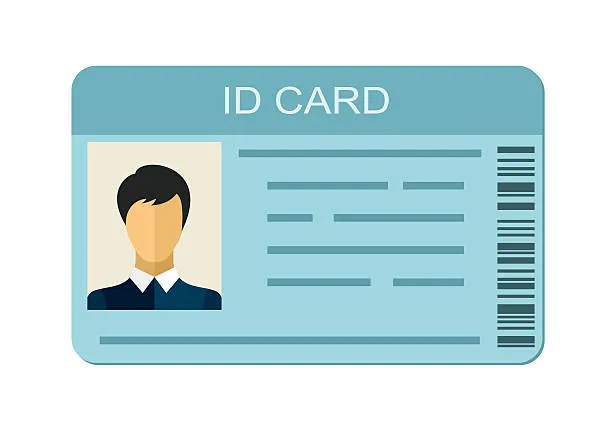Introduction: Why You Need to Understand Thai Crypto Laws First
Is crypto trading legal in Thailand? Smart move—but before you open an app or buy your first token, there’s one thing you need to get right: the law. Crypto is legal in Thailand, yes, but only if you follow the rules. This step-by-step guide will walk you through how to trade safely and stay compliant in 2025.
Step 1: Is Crypto Trading Legal in Thailand? Know the Legal Status
Let’s get this out of the way—crypto trading is legal in Thailand in 2025. But it’s regulated. The Thai SEC (Securities and Exchange Commission) oversees digital asset businesses under the Digital Asset Business Emergency Decree. That includes exchanges, brokers, dealers, and ICO portals.
So, before you do anything else, remember this: legal doesn’t mean unregulated.

Step 2: Is Crypto Trading Legal in Thailand? Choose a Licensed Exchange
Here’s where many go wrong. If you want to stay legal, you must trade through a SEC-licensed exchange. As of 2025, trusted names include:
- Bitkub
- Binance Thailand
- (Possibly Zipmex, if they bounce back)
Using a foreign, unregistered platform? Risky at best—possibly illegal at worst.

Step 3: Is Crypto Trading Legal in Thailand? Register and Complete KYC
Once you choose a platform, you’ll need to:
- Create an account
- Submit your identity documents
- Go through the KYC (Know Your Customer) process
Expect to provide a photo ID, a Thai bank account, and possibly a live selfie for verification. These steps help prevent fraud—and yes, they’re mandatory.

Step 4: Understand What You Can and Cannot Do
Here’s what’s allowed:
- Trading and holding crypto (Bitcoin, Ethereum, etc.)
- Participating in legal ICOs via registered portals
Here’s what’s not allowed:
- Using crypto to pay for goods/services (banned since 2022)
- Stablecoin payments in place of baht
- Gambling platforms that accept crypto
- Promoting or selling unapproved tokens or NFTs
Want to stay legal? Stick to investment use only—not daily purchases.

Step 5: Be Aware of Tax Implications
Crypto gains are taxable in Thailand. If you’re a resident, you’ll face a 15% capital gains tax on your profits. Enforcement has been light in past years, but don’t assume it’ll stay that way.
- Keep track of your gains and losses
- Download transaction reports from your exchange
- Talk to a tax professional if you’re unsure
It’s better to prep now than get blindsided later.
Step 6: Watch for Regulatory Changes in 2025
The Thai SEC has rolled out updates to make the crypto space safer. Key changes this year include:
- More transparency on token listings
- Mandatory exchange reserve disclosures
- Stronger AML/KYC rules for platforms
There’s also ongoing testing of a Thai CBDC, which could impact how digital transactions work in the future. Regulations are evolving, so check the SEC website periodically.

Credit from : Amro
Step 7: Special Notes for Foreigners and Digital Nomads
If you’re a foreigner in Thailand:
- You can legally trade crypto
- You’ll need a Thai bank account
- You must go through the same KYC steps
- You may still be subject to Thai tax laws
Using overseas exchanges from within Thailand is still a gray zone, especially if they’re not licensed. Best to stick with local platforms.
Conclusion: Trade Smart, Stay Legal
So, is crypto trading legal in Thailand in 2025? Yes—but only if you follow the process. Use licensed platforms, avoid banned activities, and stay on top of your taxes and legal obligations.
Crypto in Thailand isn’t a free-for-all—it’s a structured system designed to support growth without chaos. Follow the steps, stay informed, and you’ll be well-positioned to thrive in one of Asia’s most forward-thinking crypto markets.





